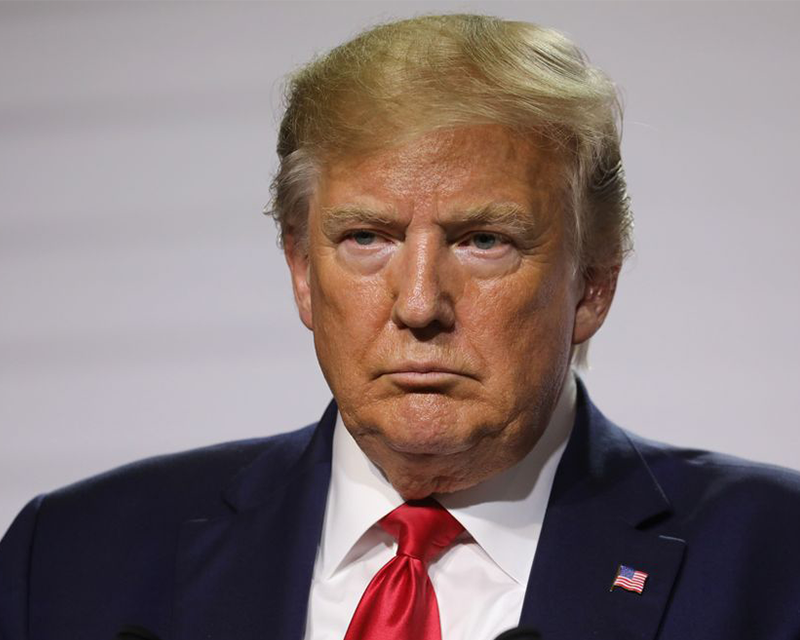On Feb. 5, the US Senate held a vote concluding President Trump’s impeachment trial. The trial was based on two articles of impeachment; one that accuses him of the abuse of power, alleging that he exploited his office to pressure Ukraine into interfering in the 2020 presidential election, and another that charges him for the obstruction of Congress for preventing officials and federal agencies from responding to the impeachment inquiries of lawmakers. On both charges, President Trump was acquitted by the Senate with a margin of four and six votes, respectively, failing to reach the minimum of 67 votes required for conviction. In the aftermath of Trump’s acquittal, people are fearful that it will pose a threat to US politics as his trial not only aggravated political polarization, but also set a dangerous precedent in which the Congress practically approved Trump’s conduct and surrendered their powers to hold him accountable.
“Honestly, the results were very expected,” said Alexandra Oh (12), a spectator of the news. “The Senate, which is controlled by the Republican party, ultimately makes the decision on whether to convict the defendant or not. I think this trial really demonstrates the limitations of political polarization. Almost all senators voted along party lines. There was only one Republican senator, Senator Mitt Romney, who voted to convict him, yet that was far too few votes to bring any change to the status quo. Despite the grievous actions of Trump, senators, in fear of denouncement, feel highly discouraged to cross party lines.”
At the conclusion of the case, many Democrats were resentful. House Speaker Nancy Pelosi (D-Calif.) made her disapproval clear to the House by claiming that the outcomes of the trial did not indicate a complete vindication of Trump as the trial itself lacked witnesses and documentation to be considered fair. As the Senate rejected motions to subpoena new witnesses, they defeated the Democrats’ efforts to call former national security adviser John Bolton, a key witness who has knowledge of the President’s Ukraine scandal and his alleged collusion to investigate his political opponent, which were the root causes of the trial. To Republicans, Bolton’s testimony could have been fatal, even potentially leading to a conviction.
“The President’s vows to block all subpoenas of the House and his success in preventing witnesses from even appearing in court set highly dangerous precedents that can affect future impeachment trials,” said Elly Choi (11), US History student. “Such actions of the Trump administration completely make void the longstanding tradition of checks and balances. In essence, Trump has proven that he can exercise his executive privilege wrongfully without facing consequences. Without any punitive measures, the President may perpetually enjoy greater control over the state of the country than the legislative and judicial branches. Given Trump’s stock of outrageous actions, it definitely will not be a pretty sight to see how he makes an impact on US politics and citizens.”
In spite of Republican senator Susan Collins’s firm belief that getting impeached itself will serve as a momentous learning lesson for Trump, he claimed in his State of the Union Address complete absolution and even innocence. He further accused impeachment witnesses of failing to convey accurate information and criticized democrats as “deranged partisan crusades” in his speech at Wildwoods Convention Center. Many people are appalled by Trump’s impenitent attitude.
“His impeachment trial really shows the coarseness of US politics right now,” said Minyoung Huh (12), Government and Politics student. “It seems like Washington cannot even agree on the standards of morality and the norms that a president should abide by. Trump’s acquittal and his current unashamed attitude just go to show that the future of US politics is in the hands of voters of the 2020 US presidential election.”

